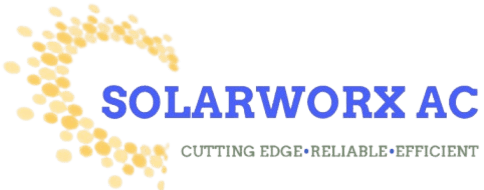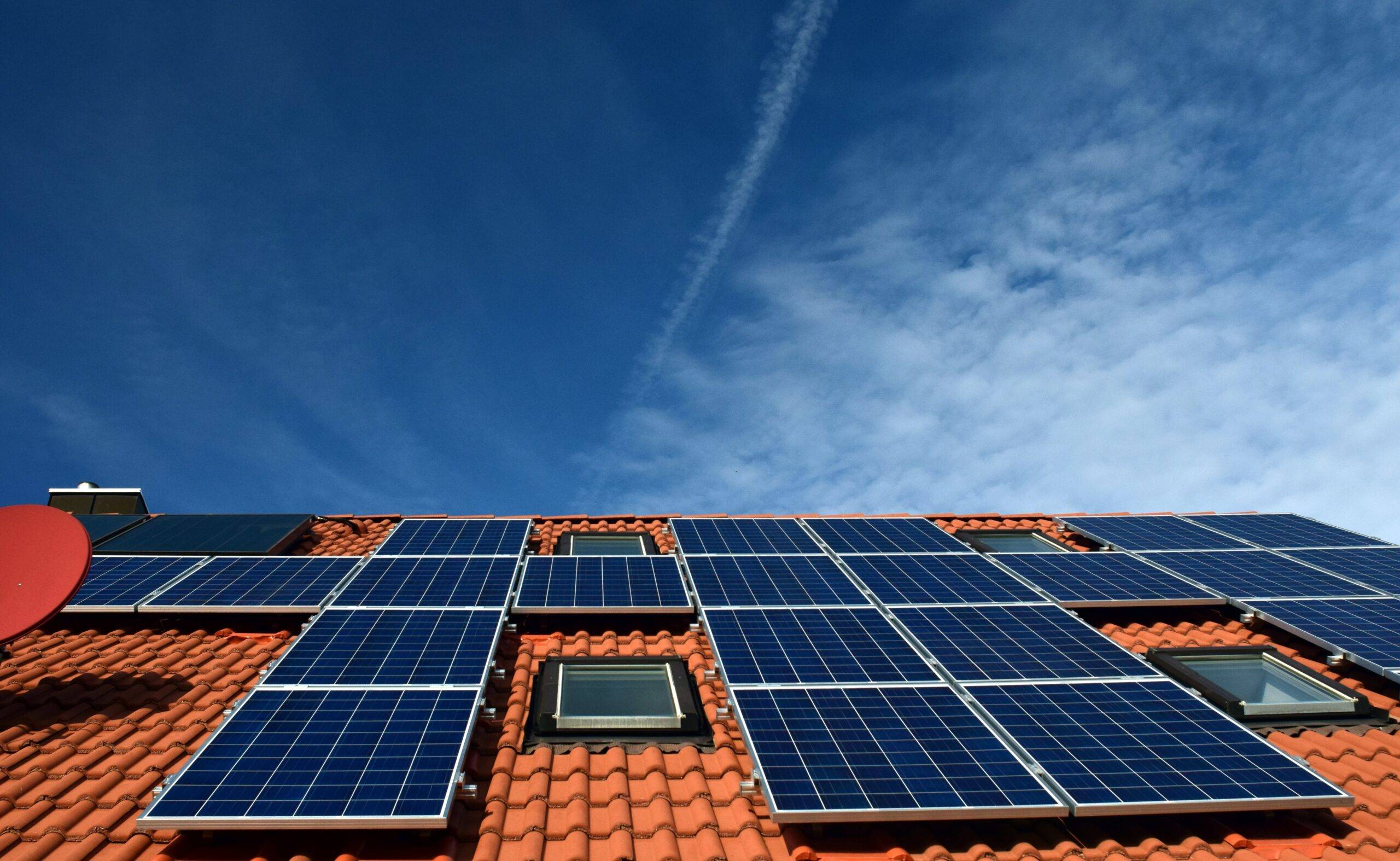Starting a solar dealer business can be an excellent opportunity, especially as the demand for renewable energy solutions continues to grow globally. A solar dealer business typically involves selling and installing solar energy products, such as photovoltaic (PV) panels, inverters, batteries, and other related equipment for residential, commercial, or industrial clients.
Here’s a guide on how to start your own solar dealer business:
1. Research the Solar Industry
Before you start, it’s crucial to understand the solar energy market, which includes:
- Solar Energy Trends: Understand global and local trends in solar power, such as technological advancements, government incentives, and growing demand for renewable energy.
- Types of Solar Products: Know the different products you’ll be dealing with (e.g., PV panels, inverters, battery storage, mounting systems).
- Regulations: Be aware of local regulations regarding solar energy, grid connection rules, and installation certifications.
- Competition: Study your competitors in your area. Understand their offerings, pricing, and customer service strategies.
2. Create a Business Plan
A comprehensive business plan is vital for success. It should include:
- Business Structure: Decide whether your solar business will be a sole proprietorship, partnership, LLC, or corporation.
- Target Market: Identify whether you will target residential customers, businesses, or both. Each market has different needs and challenges.
- Product Selection: Choose the types of solar equipment you want to offer, such as panels, inverters, batteries, etc. You may want to focus on a specific brand or type of solar technology.
- Pricing Strategy: Determine how you’ll price your products and services. Consider wholesale pricing, installation fees, and maintenance packages.
- Sales Strategy: How will you sell your products? Will it be through online marketing, partnerships with contractors, or direct sales?
3. Register Your Business
- Business License: Obtain a business license to legally operate in your area.
- Tax Identification Number (TIN): Register for a TIN for tax purposes.
- Dealer License: Depending on your location, you might need a specific license to deal in solar products or renewable energy systems.
- Insurance: You may need business liability insurance to cover your operations and professional indemnity insurance to protect against errors in installations or services.
4. Establish Supplier Relationships
- Manufacturers and Distributors: Partner with reputable manufacturers of solar panels, inverters, batteries, and other equipment. Negotiate wholesale pricing to maximize your profit margins.
- Quality and Warranty: Ensure the products you offer are of high quality and come with warranties. Trustworthy products will help establish your reputation as a reliable solar dealer.
5. Find a Location
- Office or Showroom: You may want to establish a physical office or showroom where customers can learn about solar products, view samples, and get consultations.
- Online Presence: A well-designed website is crucial for attracting online traffic. It should include detailed information about the solar products you sell, pricing, installation services, and educational resources on solar energy.
- Storage Facility: You’ll need a warehouse or storage area to store solar equipment and products safely before installation.
6. Get the Necessary Certifications
- Installation Certifications: If you plan to offer solar installation services, ensure your team has the appropriate certifications (e.g., NABCEP certification in the U.S. for solar installers).
- Product Knowledge: Your sales team should be well-trained to explain the benefits of solar energy, how systems work, and answer customer queries confidently.
- Compliance: Stay up-to-date with local laws and certifications required for installing solar systems, including electrical codes, grid connection standards, and safety guidelines.
7. Develop Your Marketing Strategy
Marketing is essential for growing your solar business. Consider these strategies:
- Online Marketing: Use SEO, Google Ads, social media, and online content to reach potential customers. Offer educational content about the benefits of solar energy.
- Local Advertising: Place ads in local newspapers, magazines, or even on billboards in high-traffic areas.
- Partnerships: Partner with builders, real estate agents, or contractors who can refer you to customers looking for solar systems.
- Community Events: Attend local trade shows, fairs, or eco-friendly events to showcase your products and services.
- Referral Programs: Offer incentives to current customers who refer new clients to your business.
8. Offer Financing and Incentives
Many customers may be hesitant about the upfront cost of installing solar systems. Offering financing options or taking advantage of government incentives can help:
- Financing: Partner with financial institutions to offer easy financing or lease options for customers.
- Tax Incentives: Stay informed about federal, state, and local tax credits or rebates for installing solar systems, and educate your customers on how they can benefit from them.
9. Provide Installation and Maintenance Services
While some solar dealers focus only on selling the equipment, providing installation and maintenance services will set you apart:
- Qualified Technicians: Hire certified installers who can safely and correctly install solar systems.
- Maintenance: Offer ongoing maintenance services, such as system inspections, cleaning, and repairs, to build long-term customer relationships.
10. Monitor the Market and Adapt
- Customer Feedback: Collect feedback from your customers to improve service quality and identify new business opportunities.
- Industry Trends: Keep track of new developments in solar technology, government policies, and market demand.
- Scale Your Business: As your business grows, consider expanding your product offerings, growing your team, and possibly expanding to new regions.
Tips for Success:
- Customer Education: Educate your customers about the long-term savings, environmental benefits, and efficiency of solar power. A well-informed customer is more likely to buy.
- Quality and Reliability: Offering high-quality products and reliable installation services will help you build a strong reputation in the market.
- Networking: Join solar industry groups and associations to stay updated on trends and expand your professional network.
Starting a solar dealer business requires dedication, investment, and strategic planning. However, with increasing demand for sustainable energy, it has the potential to be a profitable and rewarding business. By providing high-quality products, excellent customer service, and ongoing support, you can position yourself as a trusted expert in the solar energy industry.

